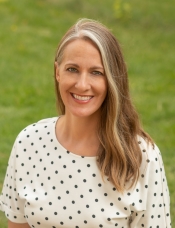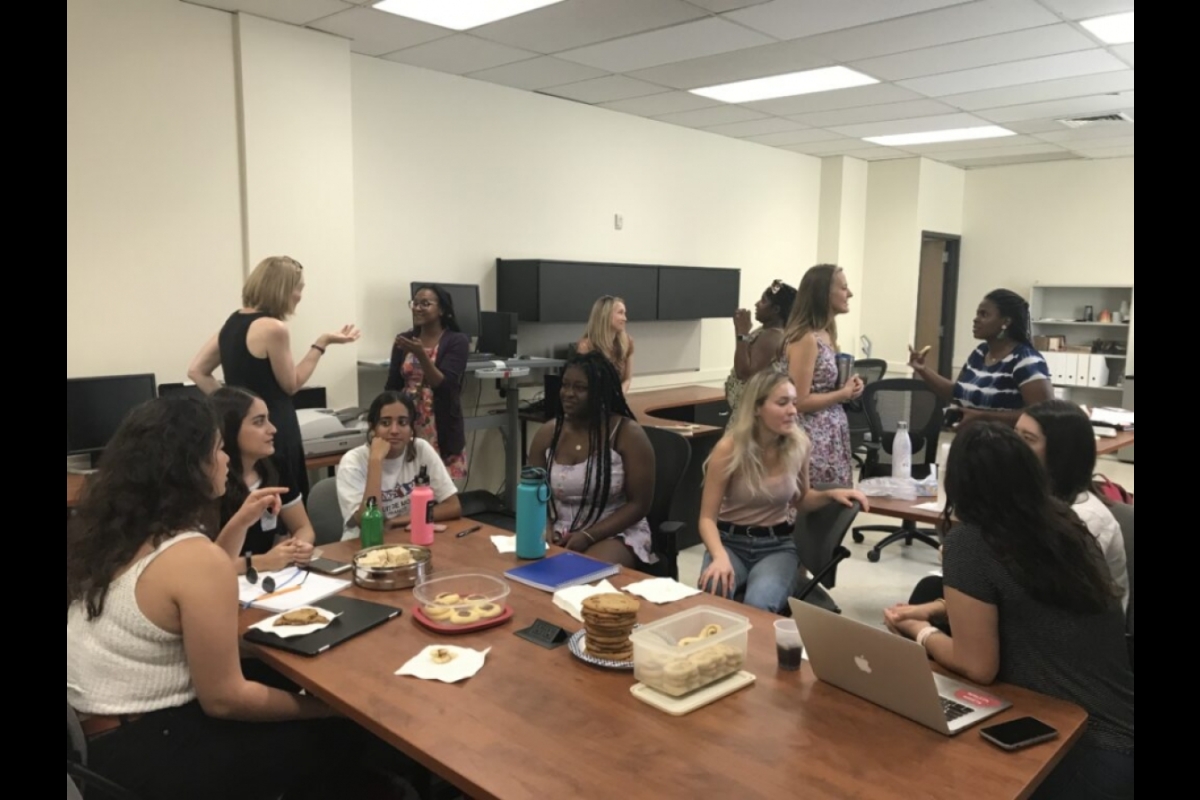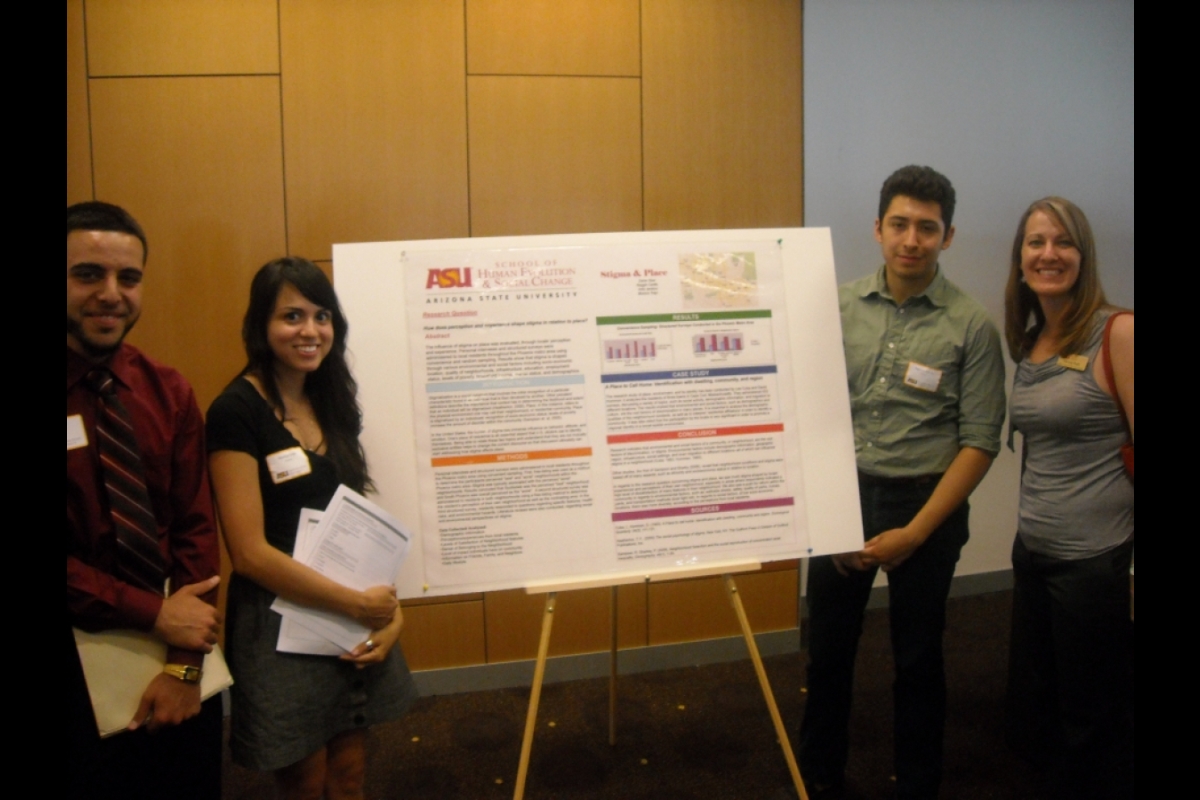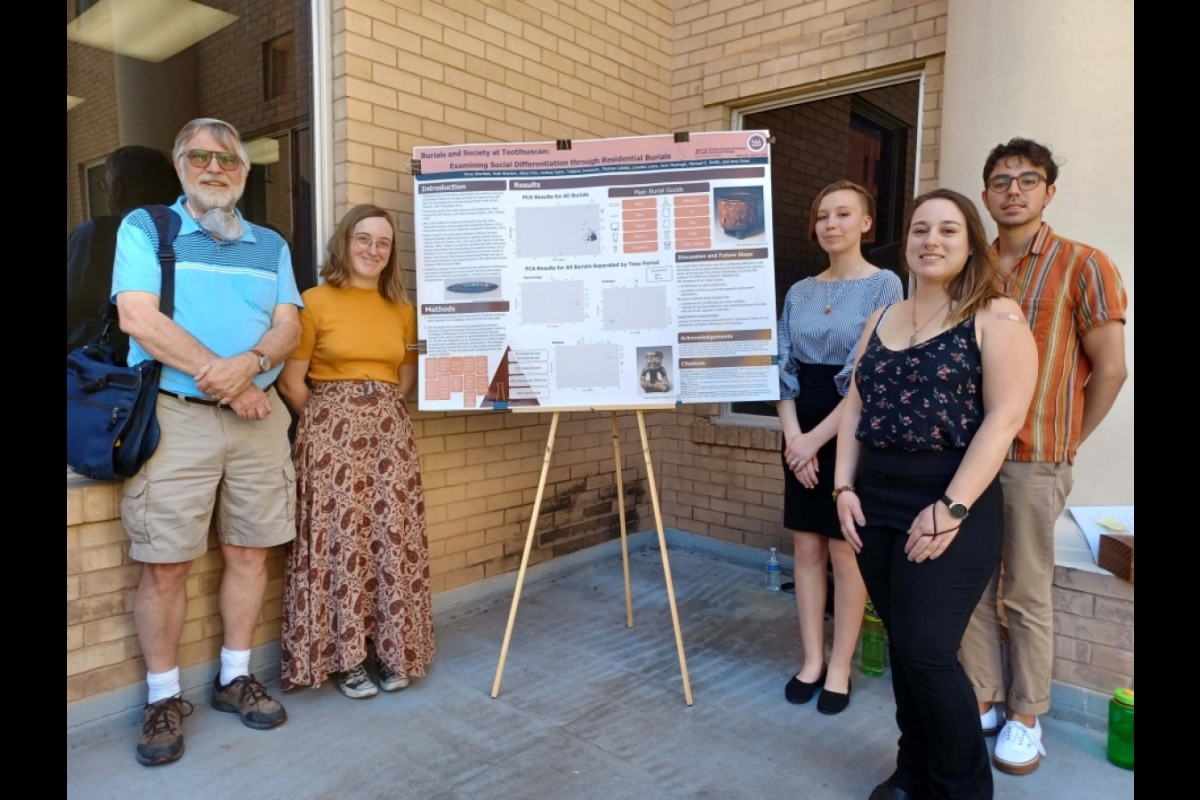New studies show: Research experience for social science undergrads is valuable for success
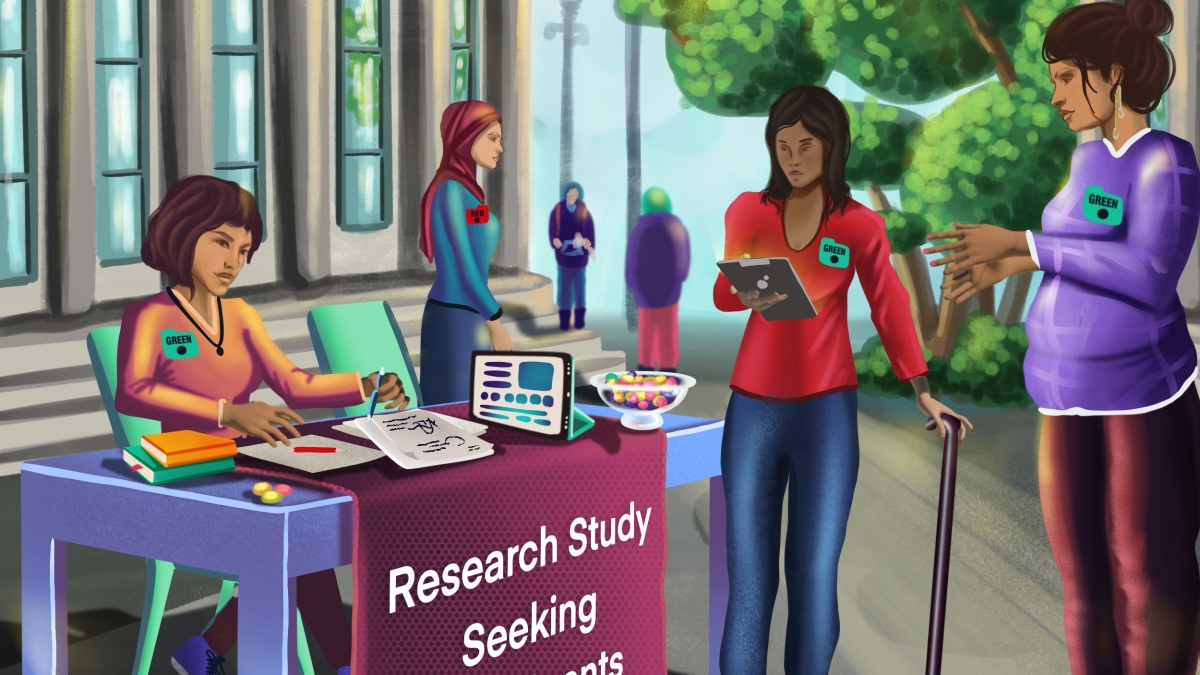
Images courtesy the Anthro Illustrated Project
Whether online or in person, undergraduate students of Arizona State University's School of Human Evolution and Social Change have many opportunities to engage in real-world research through collecting, managing, analyzing and cleaning data.
Two recent publications led by Alissa Ruth, director of strategic initiatives at the school, use mixed-methods data collection and analysis to show how undergraduate research experiences (UREs) benefit undergraduate students and mentors.
Over the past 13 years, 1,300 students at the school have participated in various UREs. Faculty in the school are studying how these social science UREs compare with UREs that have been historically offered in STEM fields.
The researchers studied how three different UREs compare. They examined course-based undergraduate experiences (CUREs), individual research experiences (IREs) and lab-based undergraduate research experiences (LUREs).
In the publication “Laboratory-Based Undergraduate Research Experiences (LUREs): Evidence of Effectiveness from the Social Sciences,” Ruth and co-authors found that lab-based experiences in the social sciences for undergraduates were perceived to be slightly more effective than other types of undergraduate research experiences for skill development.
“Our team is one of the first to actually test the benefits of a social science lab,” Ruth said. “There are some faculty in the social sciences who have talked about the importance of the lab as a center for training — but here our team actually collected data on what we do in the lab and the impact participation in a LURE has on student training.”
Ruth elaborated on why this might be:
“Lab-based undergraduate research experiences include people who have varying levels of expertise. It’s a very collaborative environment with many different projects going on. As students stay in the lab, ideally they get more and more evolving tasks that keep honing their skills and they can, in turn, help out each other and train new students.”
Research apprenticeship program
In 2011, the School of Human Evolution and Social Change created the Undergraduate Research Apprenticeship Program (RAP) so that undergraduates could easily connect with UREs.
The program offers both online and in-person students course credit and research experience in archaeology, bioarchaeology, environmental social science, evolutionary anthropology, global health and sociocultural anthropology.
Another paper, “Research supervisors and undergraduate students’ perceived gains from undergraduate research experiences in the social sciences” — led by Ruth — highlights the benefits of UREs on both students and research mentors who provide UREs.
They found that students gain data collection, management and analysis skills, as well as learn to collaborate, manage time and solve problems. Research supervisors feel a sense of job satisfaction and enjoy mentoring students, while junior scholars are able to develop their mentorship and student supervision skills, Ruth said.
“In a big program, with lots of students and a research-oriented faculty, this is probably the best way for students to get individual attention and to learn about the process of research,” said Michael Smith, professor of archaeology, co-author of the recent papers and director of the Teotihuacan Research and Mesoamerican Archaeology laboratories.
Ella Zeiders is an undergraduate anthropology student and has been working on projects within the Teotihuacan Research Laboratory, as well as the Archaeological Collections Care and NAGPRA internship program at the Center for Archaeology and Society repository.
“The Maya sustainability project has taught me to research effectively, read academic articles well, conduct exploratory data analysis and collaborate on a research team while under the supervision of an experienced professor,” Zeiders said.
“With the collections care experience, I was given hands-on experience inventorying anthropological collections and learning about federal compliance for the Native American Graves Protection and Repatriation Act (NAGPRA). In my experience, projects like these are invaluable in that they allow students to apply and grow skills that can’t necessarily be developed in a classroom.”
Angela Ho is an online undergraduate anthropology student who is currently living in South Korea. She has participated in three RAP opportunities. In her first experience, she learned to transcribe papers on Filipino folklore, tribe stories and economics into digital form.
She also participated in the “Whaling Governance in Alaska: Using social networks to understand co-management practices over time” apprenticeship with Associate Professor Shauna BurnSilver.
“Through this apprenticeship, I learned how the Alaska Eskimo Whaling Commission (AEWC) has fought for their whaling sustenance rights, what entities they interacted with along the way and how their role has changed. I also learned the history of Alaskan Native Americans, what animals Alaskan Native Americans eat and how they distribute it to other areas. I was delighted to take part in this project because I acknowledge the efforts of AEWC, which has successfully raised the quota of whale hunting and helped it stay that way by collaborating with researchers, governments, agencies and Native communities.”
Ariana Jackson is an in-person undergraduate anthropology student who participated in the Culture, Health, and Environment Lab (CHELab) through the RAP program and is currently applying for graduate school.
“The Culture, Health, and Environment Lab was an amazing opportunity to experience firsthand the intersections between culture and health,” Jackson said. “In the lab, we used social science methods to analyze qualitative data to better understand how marginalized groups in varying regions face negative health implications. This experience allowed me to gain research experience in my field of global health, and additionally allowed me to form connections with faculty like Alissa Ruth, which led to other research opportunities.”
Online training for UREs
The school’s faculty are engaging in new and innovative UREs through The College of Liberal Arts and Sciences Online Undergraduate Research Scholars program (OURS). This program was the recipient of the 2023 President’s Award for Innovation.
Among those recognized from the School of Human Evolution and Social Change were Associate Professor Emir Estrada, for her Arizona Youth Identity Project; and Ruth, Regent’s Professor Alexandra Brewis, Professor Cindi SturtzSreetharan and President’s Professor Amber Wutich, for their Social Research Training (SoRT) program. SoRT grew out of the CHELab and offers students credit and high-quality training in qualitative and cross-cultural data collection and analysis.
“Oftentimes in liberal arts education, many people ask the question, 'Well, what can you do with this degree?’” Ruth said.
“We know that students gain valuable skills by earning a liberal arts degree, such as communication, critical thinking, writing, speaking, teamwork and so on. However, when you have research experience, you are getting a different skill set through hands-on experiences and learning about how to collect valid data and analyze it systematically so you can make evidence-based recommendations. These skills are highly sought in various careers.
“Moreover, students in UREs connect with faculty and fellow students in a different way than in the traditional classroom, and these connections are important for feelings of belonging and finding out about other opportunities. This is why UREs are high-impact practices and why our faculty and school is committed to continuing to provide wide access to these experiences.”
More Science and technology

Will this antibiotic work? ASU scientists develop rapid bacterial tests
Bacteria multiply at an astonishing rate, sometimes doubling in number in under four minutes. Imagine a doctor faced with a patient showing severe signs of infection. As they sift through test…

ASU researcher part of team discovering ways to fight drug-resistant bacteria
A new study published in the Science Advances journal featuring Arizona State University researchers has found vulnerabilities in certain strains of bacteria that are antibiotic resistant, just…

ASU student researchers get early, hands-on experience in engineering research
Using computer science to aid endangered species reintroduction, enhance software engineering education and improve semiconductor material performance are just some of the ways Arizona State…
